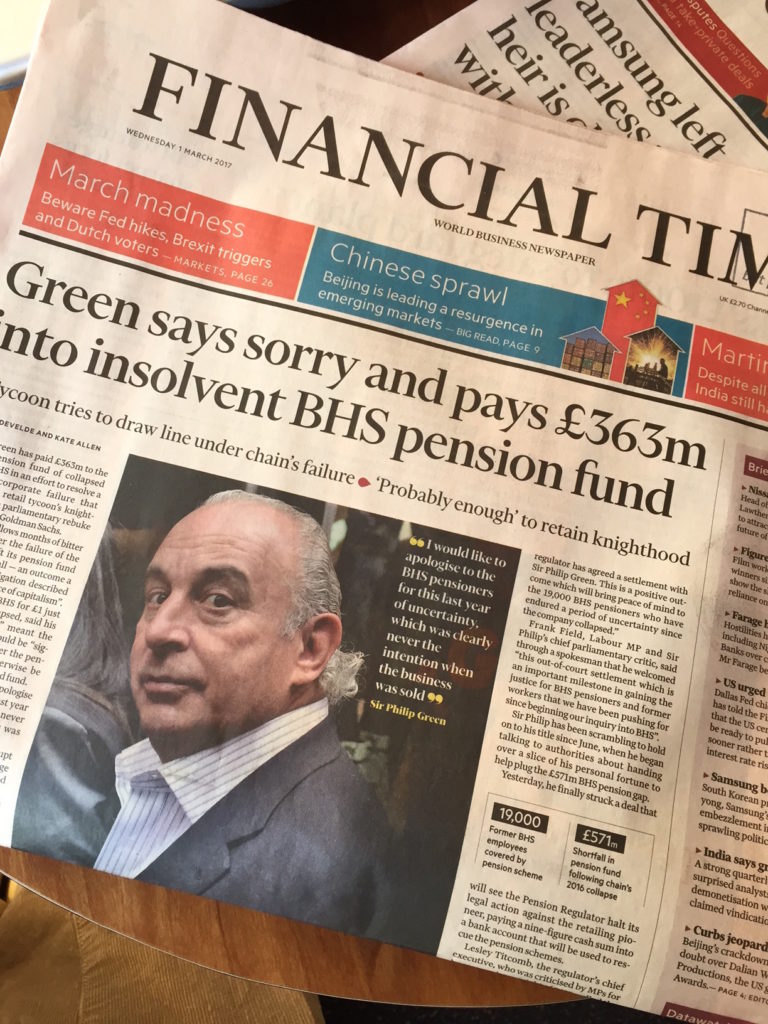Now that the IPO has valued Snap at $30B, perhaps the adult world will grasp that there’s something interesting here. Joel Stein has had a pretty good go at explaining it for them. Here’s the gist from his piece in Time:
Snapchat makes visual communication so frictionless that, according to Nielsen, it is used by roughly half of 18-to-34-year-olds, which is about seven times better than any TV network. Those who use it daily open the app 18 times a day for a total of nearly 30 minutes. Last fall, Snapchat passed Instagram and Facebook as the most important social network in the semiannual Taking Stock With Teens poll by the investment bank Piper Jaffray. Tweens used to count the days until they turned 13 so they could open a Facebook account; now they often don’t bother. And just as Facebook matured years ago, Snapchat is starting to be used by adults. The company says the app is now used by 158 million people daily, though that growth has slowed a bit lately.
Snapchat’s ethos is largely about the seemingly contrary values of control and fun: the company prospectus is one of the few in Wall Street history to use the word poop, employing it to explain just how often people use their smartphones. Snapchat gives users such tight control of their disappearing messages so that they feel safe taking an imperfect photo or video, and then layering information on top of it in the form of text, devil horns you can draw with your finger, a sticker that says “U Jelly?” or a filter that turns your face into a corncob that spits popcorn from your mouth when you talk. Snapchat is aware that most of our conversations are stupid.
But we want to keep our dumb conversations private. When Snapchat first launched, adults assumed it was merely a safe way for teens to send nude pictures, because adults are pervs. But what Spiegel understood is that teens wanted a safe way to express themselves.
Many teens are so worried about projecting perfection on Instagram that they create Finstagram (fake Instagram) profiles that only their friends know about. “Teens are very, very interested in safety, including something they call ’emotional safety,'” says San Diego State psychology professor Jean Twenge, author of the forthcoming iGen: The 10 Trends Shaping Today’s Young People–and the Nation. “They know on Snapchat, ‘If I make a funny face or use one of the filters and make myself look like a dog, it’s going to disappear. It won’t be something permanent my enemies at school can troll me about.'”
The Economist also has a kindly explanation for baffled oldies.

